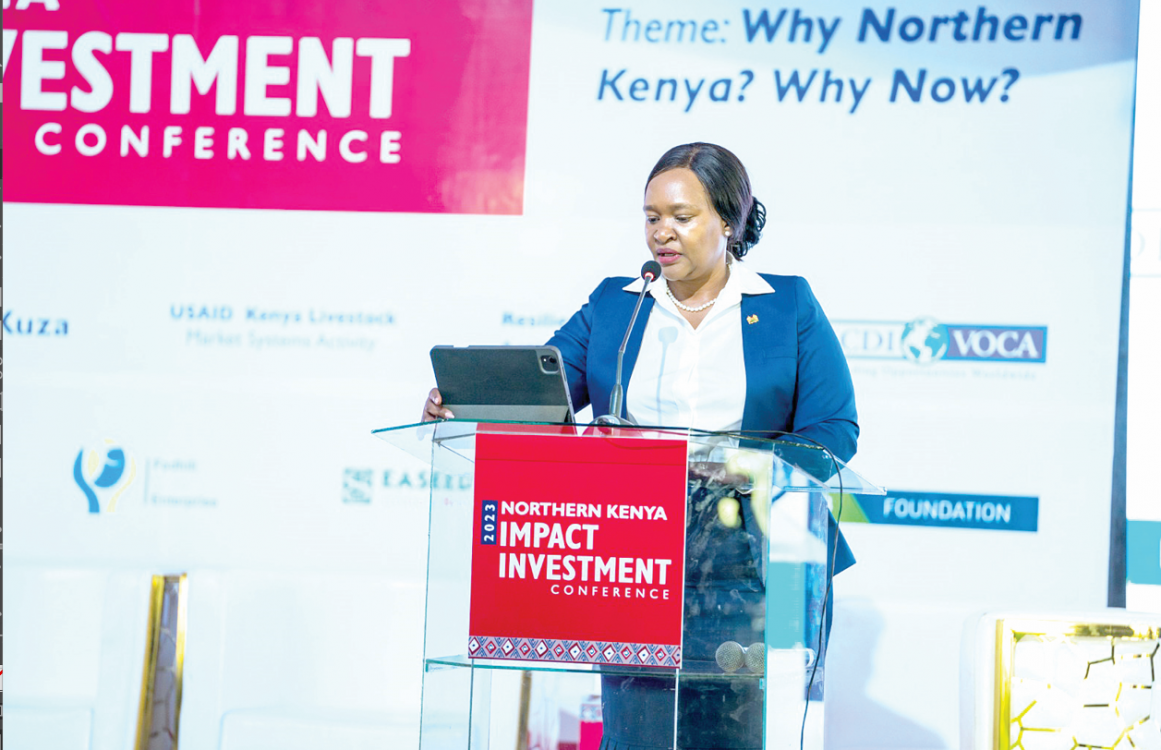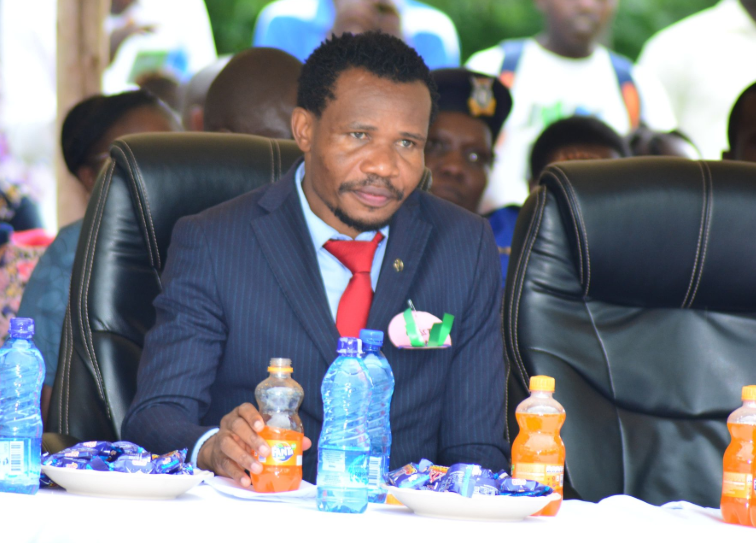USAid disburses Sh2b to support SMEs in Northern Kenya

Over $14 million (Sh2 billion) has been disbursed by the United States Agency for International Development’s (USAID) Kuza project to support the initiatives in the livestock, energy, climate and tourism sectors in the Northern Kenya region.
Wyanie Bright, USAID Kuza, Chief of Party said small and medium enterprises (SME) in the region are struggling to access appropriate financing to support their growth and development.
“By addressing the financing needs of the missing middle, stakeholders can empower SMEs in Northern Kenya to grow, innovate and create jobs, ultimately driving economic development and social progress in the region’s growth and sustainable development,” she said.
Bright made the remarks while speaking at a one-day conference hosted by USAID Kuza and partners on the Northern Kenya Impact Investment in Nairobi.
She said while there is a concerted effort by the government, development partners and private sectors to grow the number of enterprises operating in Northern Kenya, there is a need to match their demand for financing through financing the financiers.
“The Fund de-risks the opportunity cost of doing business in Northern Kenya and uses gender, youth and market systems lenses to identify borrowers that promote equitable financing and business practices and encourage competitive and resilient markets. Fifty-nine per cent of the lending has been to women-owned enterprises and women groups,” Bright added.
The impact fund provides money to financial institutions for onward lending to SMEs. The facilitation has benefited over 9,000, creating 16,500 jobs in the Arid and Semi-Arid counties of Garissa, Isiolo, Lamu, Mandera, Tana River, Marsabit, Samburu, Turkana and West Pokot.
The one-day conference was opened by Cabinet Secretary for the East African Community, Arid and Semi-Arid Lands Regional Development (ASAL), Rebecca Miano (pictured). It sought to address the constraints for investment in the region and explored the growing need to close the funding gap hindering enterprise development in the region.
Miano said even as the participants explore the range of opportunities for investment in the ASALs, they should focus on practical solutions with transformative impact alongside those that hold the greatest promise for job creation for our youth.












